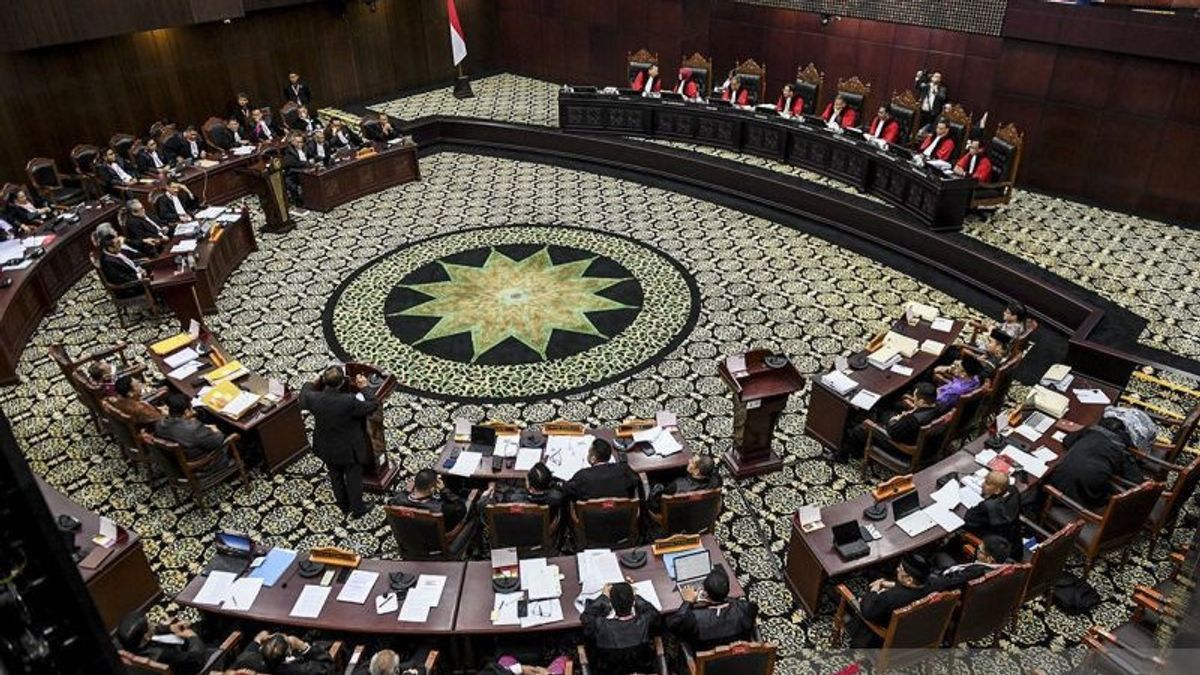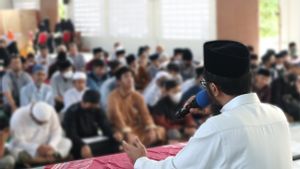This panel distribution system will be similar to the mechanism used to handle the 2024 Legislative Election dispute (Pileg). The three panel of judges will each be led by the Chief Justice of the Constitutional Court Suhartoyo, Deputy Chief Justice of the Constitutional Court Saldi Isra, and Constitutional Justice Arief Hidayat. Each panel is estimated to handle 60 to 70 cases, depending on the number of cases that come in.
"If the number of cases reaches 200, each panel will handle around 60 to 70 cases. The mechanism has been well designed," Suhartoyo said.
He explained that the handling of regional election disputes has a longer period of time than the Legislative Election dispute. The Constitutional Court has 45 working days to resolve regional election disputes after the case is registered, while for the Legislative Election, the handling period is only 30 days with a burden of almost 100 cases per panel.
"For the regional elections, we have 45 working days. With a longer time, flexibility in handling cases becomes better," he explained.
The trial process for the 2024 Pilkada dispute is scheduled to begin in early January 2025, after the case registration is complete on January 3, 2025.
"The first trial will most likely start in early January, about four days after registration is complete," Suhartoyo added.
Every dispute case that enters the Constitutional Court will be handled according to its characteristics and complexity. Some cases can be resolved quickly, but some need longer time because they require more in-depth collection of evidence.
"Hakim akan menyesuaikan penanganan sesuai tingkat kompleksitas. Ada perkara yang cepat diselesaikan, namun ada pula yang memakan waktu lebih lama," kata Suhartoyo.
SEE ALSO:
SEE ALSO:
The English, Chinese, Japanese, Arabic, and French versions are automatically generated by the AI. So there may still be inaccuracies in translating, please always see Indonesian as our main language. (system supported by DigitalSiber.id)












